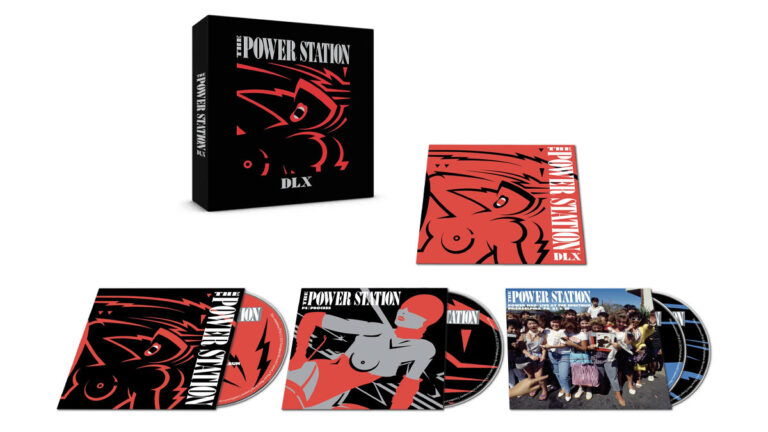“Love the Hell Out of You” is featured in the new motion picture
Lewis Capaldi’s “Love The Hell Out Of You,” is featured as the lead track from the highly anticipated Sony Pictures film It Ends With Us, exclusively in theaters beginning today (Fri, Aug 9th). Co-written by Capaldi and produced by TMS, the song appears on Capaldi’s much-lauded 2023 sophomore album Broken By Desire To Be Heavenly Sent out now via Capitol Records.
Directed by Justin Baldoni and produced by Alex Saks, Jamey Heath, and Christy Hall, the film stars Blake Lively, Justin Baldoni, Jenny Slate, Hasan Minhaj, Amy Morton and Brandon Sklenar, from a screenplay by Christy Hall, based on the book by Colleen Hoover.
“There was only one song for this moment,” Lively shares. “Once you see it, you’ll feel it for yourself. Lewis Capaldi is beloved for not only his brilliant work, but who he is. I couldn’t be more proud that he told this story with us. This is an honor; I will be grateful for forever. This movie means the world to me.”
It Ends With Us, the first Colleen Hoover novel adapted for the big screen, tells the compelling story of Lily Bloom (Lively), a woman who overcomes a traumatic childhood to embark on a new life in Boston and chase a lifelong dream of opening her own business. A chance meeting with charming neurosurgeon Ryle Kincaid (Baldoni) sparks an intense connection, but as the two fall deeply in love, Lily begins to see sides of Ryle that remind her of her parents’ relationship. When Lily’s first love, Atlas Corrigan (Sklenar), suddenly reenters her life, her relationship with Ryle is upended, and Lily realizes she must learn to rely on her strength to make an impossible choice for her future.
Broken By Desire To Be Heavenly Sent is the follow-up to Capaldi’s blockbuster debut album Divinely Uninspired To A Hellish Extent — a 2019 LP featuring his platinum-certified breakout single “Someone You Loved,” the most streamed song in UK music history. Capaldi’s sophomore effort doubles down on the raw emotional honesty and powerful vocal work of its predecessor.





